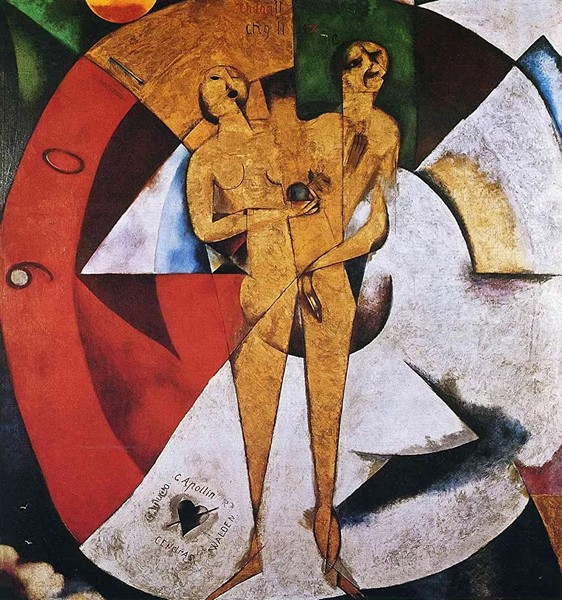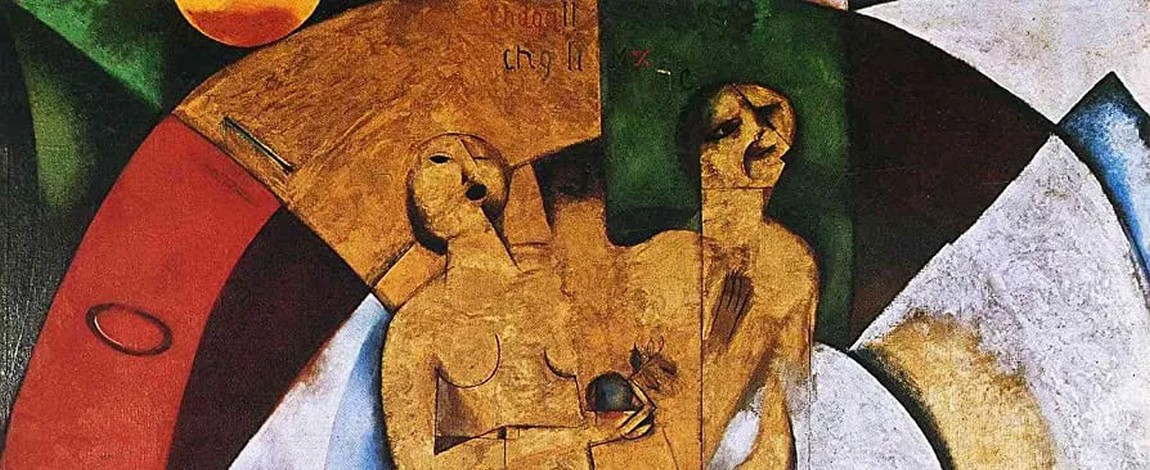
The last seconds of a condemned person's life. This is what the poem Eight O'Clock by A.E. Housman is about. Only two stanzas; eight verses to convey the harshness of the moment.
The clock that marks the pace of the town is present in both stanzas. In the first one, we imagine people at market-place while the clock strikes the quarters. The two verbs that the poet uses to refer to the clock caught my attention: the first one is “sprinkle”, which suggests the image of the bells as a drizzle, while two verses later he uses “toss” to refer to the same bells, suggesting, or so I think, something violent. There's someone standing up and listening to the strokes. We don't have any further details about him, he could be any observer of the daily life of the scene.
In the second stanza, the man is mentioned again. But now, as if a camera that had focused on the square has now changed position and taken us into prison, we watch him. His hands tied, the rope around his neck, every quarter approaches his last moment. The clock, previously an object, indifferent to the situation, the takes on a human quality (more human than the society that is believed to be entitled to take life) and has to make an effort to strike the hour, as if it knew what should happen. The last word of the poem, so onomatopoeic, refers us to the trap-door that opens and the body that falls.
Housman is thought to have written this poem, probably, between 1895 and 1910; he published it in 1922 as part of his second collection Last Poems. As I've said before, Housman's first collection, A Shropshire Lad, was hugely popular among readers of several generations, and every English composer set its poems into music. When the second collection was published, contemporary composers also rushed to musicalize it. Ralph Vaughan Williams did so almost immediately, and in 1927 Rebecca Clarke composed Eight O'Clock, her only song with Housman's poem, if I'm not mistaken.
The composer was forty-one years old at that time. She had been in England for three years after going to the United States and traveling around the world. She was at the time primarily engaged in performing; she was a renowned viola player and performed either as a soloist, in an orchestra (she was the first woman to play in a professional orchestra in the United Kingdom), or as a member of the English Ensemble piano quartet. Moreover, she was also well known as a composer, particularly for the Sonata for viola and piano.
She wrote songs from a very young age. She wrote them all throughout her career, until she retired in the 1950s. There were about fifty songs all together. On May 26, 1927, she wrote in her diary: “started a song on Eight O’Clock. Rather a different style from any of my others.” It is, without question. I wasn't sure if I should choose this song or one of her famous ones, The Seal Man, for Clarke's first appearance on Liederabend. But I ended up choosing this unusual song and poem.
At the beginning, we hear a few bars of prelude, the clock that strikes the quarters; we will persist throughout the first stanza, in which the vocal line is a declamation; the atmosphere advances the scene that will follow. After a brief interlude in which the music becomes agitated, the vocal line sings irate over the rhythm of the piano, which continues to mark the bells, now more evident. Last sentences emphasize the effort of the clock to strike, with the last word very elongated. And then, the piano slowly fades.
Clarke was not very satisfied with the premiere of Eight O'Clock, as she reported in her journal: “evening went to hear a singer Phillis Sjörstiön at the Aeolian [Hall]. She sang first performance of my Eight O'Clock. Not very good.” (Did I ever confess to feeling uneasy when I read and share writings that were supposed to be private?). This entry dates from 15 February 1928; other sources speak of another premiere of the song, on 23 November 1927, by John Goss (not that they sang a cappella, but the pianist was often neglected). Was one of the concerts a public premiere, and the other a private concert?
Winthrop & Rogers published Eight O'Clock in 1928. When this edition was discontinued, the song was forgotten; in fact, all of Rebecca Clarke's songs disappeared from the repertoire. Boosey & Hawkes re-released it in 1995, along with eight other songs that had also been published in the 1920s. And so began the recovery of the composer’s music, which has also reached the recordings; our version will be that of James Gilchrist and Nathan Williamson.
Sprinkle the quarters on the morning town.
One, two, three, four, to market-place and people
It tossed them down.
Strapped, noosed, nighing his hour,
He stood and counted them and cursed his luck;
And then the clock collected in the tower
Its strength, and struck.













